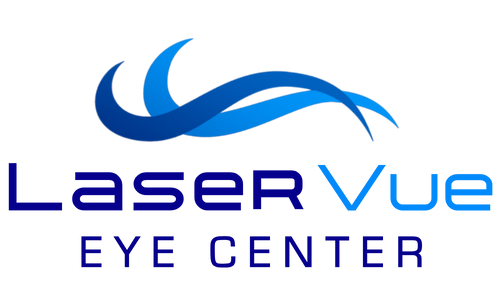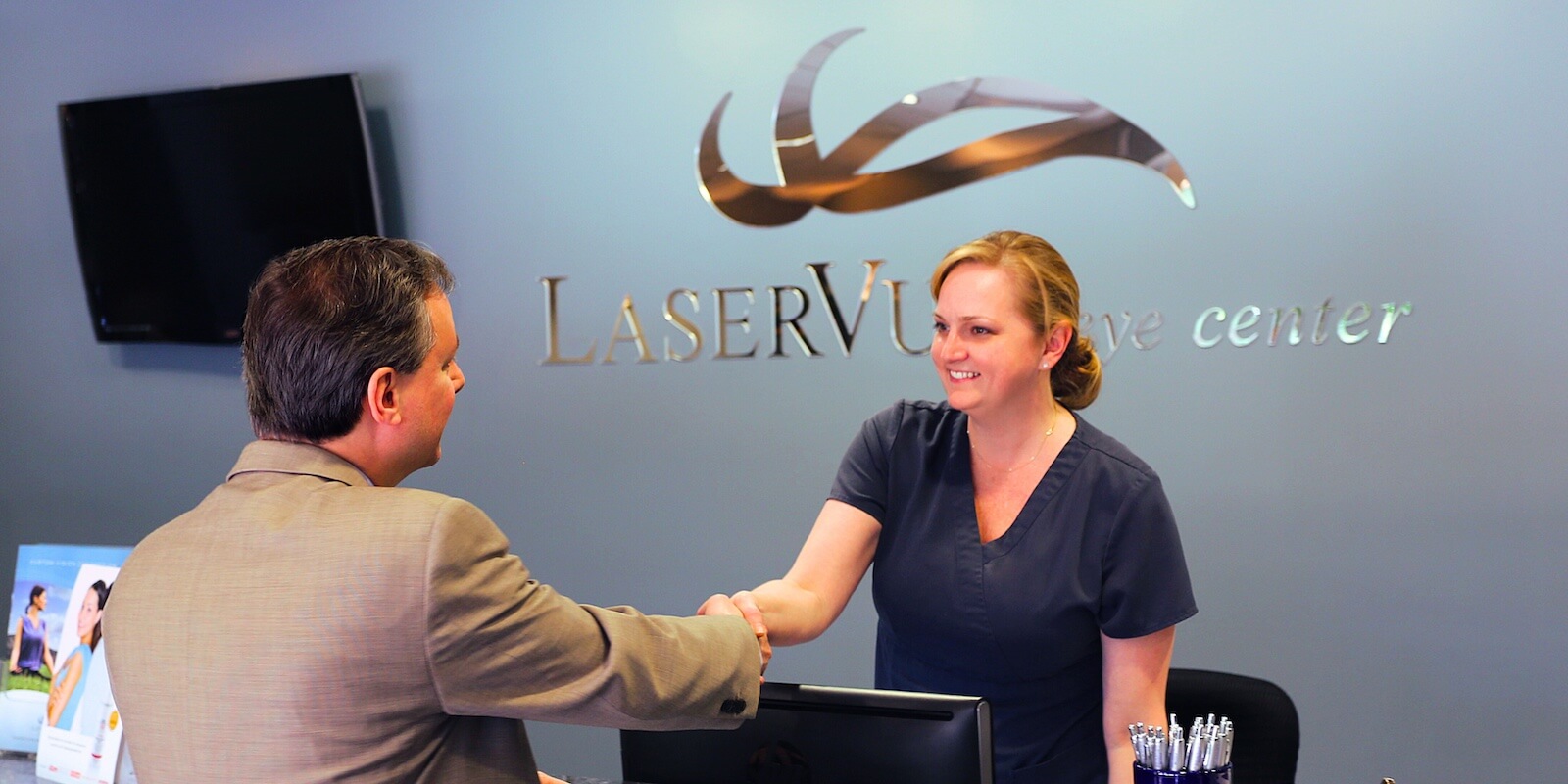Posted by: Jay Bansal, MD in LASIK

Jay Bansal, MD

In the world of vision correction, LASIK surgery stands as a beacon of hope for those seeking freedom from glasses or contact lenses. But amid the excitement of newfound visual clarity, a common question lingers: How long does LASIK surgery last? Let’s delve into this inquiry and uncover the enduring benefits of this revolutionary procedure.
LASIK, short for Laser-Assisted In Situ Keratomileusis, has transformed the lives of millions by reshaping the cornea to correct refractive errors like nearsightedness, farsightedness, and astigmatism. Yet, despite its popularity, misconceptions persist regarding the longevity of its effects.
One of the most compelling aspects of LASIK is its lasting impact. Unlike temporary solutions such as glasses or contacts, LASIK offers a permanent improvement in vision for the majority of patients. Once the cornea is reshaped to the desired curvature, the effects typically endure for a lifetime.
However, it’s essential to acknowledge that individual experiences may vary. Factors such as age, pre-existing eye conditions, and lifestyle choices can influence the longevity of LASIK outcomes. For instance, while LASIK can correct refractive errors, it does not prevent age-related vision changes such as presbyopia, which may necessitate reading glasses in later years.
Moreover, the stability of vision after LASIK largely depends on the stability of the patient’s eyesight prior to the procedure. Patients with stable prescriptions are more likely to enjoy long-term benefits compared to those with rapidly changing prescriptions.
Fortunately, advancements in LASIK technology have enhanced both safety and efficacy, contributing to the procedure’s enduring success. From bladeless techniques to wavefront-guided customization, these innovations ensure precise corneal reshaping tailored to each patient’s unique visual needs, further solidifying the longevity of LASIK outcomes.
It’s crucial for prospective LASIK candidates to undergo a comprehensive pre-operative evaluation to assess their suitability for the procedure. A thorough examination by a qualified ophthalmologist will help determine candidacy and manage expectations regarding the longevity of LASIK results.
In addition to the technical aspects, lifestyle choices play a significant role in preserving the benefits of LASIK over time. Protecting the eyes from excessive UV exposure, maintaining overall eye health through regular check-ups, and avoiding activities that pose a risk of eye injury are essential practices for safeguarding vision post-LASIK.
While LASIK offers a remarkable solution for vision correction, it’s not exempt from potential risks and limitations. Complications such as dry eye syndrome, glare, halos, and under or overcorrection can occur, albeit rarely. However, with proper patient selection, meticulous surgical technique, and post-operative care, the likelihood of adverse outcomes is significantly minimized.
In conclusion, LASIK surgery represents a life-changing investment in visual freedom, with results that typically last decades. By understanding the factors that contribute to the longevity of LASIK outcomes and adopting proactive measures to preserve eye health, patients can embark on a journey of clear vision that endures through the years. So, if you’ve been contemplating LASIK, rest assured that the gift of clear vision awaits, with the promise of lasting brilliance.

